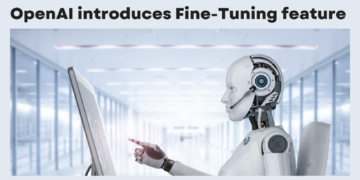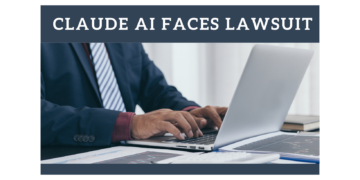In a landmark decision, the UK Supreme Court has affirmed that Artificial Intelligence (AI) cannot be recognized as an inventor in patent applications. The ruling, which upholds previous decisions by the Intellectual Property Office (IPO), High Court, and Court of Appeal, marks a significant development in the ongoing debate over the intersection of AI and intellectual property rights.
The Dabus Case
Technologist Dr. Stephen Thaler initiated the legal saga by endeavoring to designate his AI, named Dabus, as the inventor of a food container and a flashing light beacon. Thaler contended that Dabus, perceived by him as a “conscious and sentient form of machine intelligence,” deserved credit for the inventions. However, the IPO rejected this argument in 2019, underscoring that only a person could be appointed as an inventor.
Supreme Court Verdict
Five Supreme Court judges have now rejected Thaler’s attempt to overturn the previous decisions, affirming that “an inventor must be a person.” While the judgment does not address whether Dabus actually invented the items in question, it solidifies the principle that individuals, not AI entities, can exclusively hold patent rights.
Implications for AI and Patent Law
The decision has ignited discussions regarding the broader implications for AI innovation and patent law. Furthermore, some legal experts argue that the ruling could pose challenges for companies utilizing AI software in their inventive processes, as they may encounter complexities in establishing ownership of patents.
In light of the decision, Simon Barker, from law firm Freeths, points out that it could potentially redefine the concept of an “inventor” under UK patent law. He suggests that companies engaged in product development using AI will now have to identify themselves or their employees as inventors, even when human involvement is just to activate the computer.
Policy Questions and Future AI Patents
The verdict raises intriguing policy questions about how governments might consider amending laws in response to advancing AI capabilities. There are parallels with debates in other areas of intellectual property, such as copyright for AI-generated works, where questions of creatorship arise concerning programmers, users, and the machines themselves.
Rajvinder Jagdev of intellectual property litigation firm Powell Gilbert notes that the judgment doesn’t rule out the possibility of a person using AI to devise an invention. Anyone can submit a patent application, provided there is a clear identification of the human inventor.
Calls for Future Review of AI & Patent Laws
While the IPO welcomed the judgment, it acknowledged “legitimate questions” about how the patent system should handle AI creations. The UK government, in its June 2022 response to a consultation on AI and intellectual property, asserted that no immediate legal changes to UK patent law were necessary. However, the decision has reignited discussions about potential future adjustments to accommodate the evolving landscape of AI innovation.
Global Perspectives
It’s worth noting that Thaler has pursued similar claims in the U.S. courts, where the rulings have aligned with the UK decision, emphasizing the requirement for human inventors in patent applications.


























